Judge Steven Platt: The Necessary Independence and Interdependence of the Judiciary and the Media
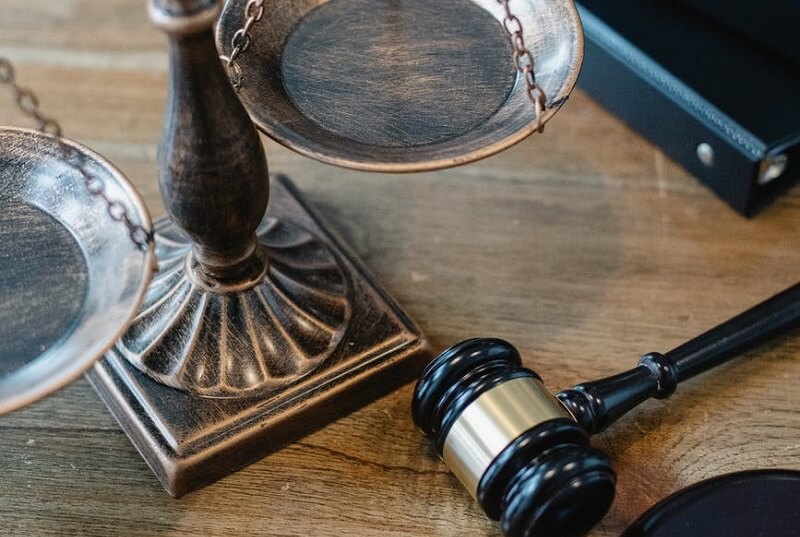
By Steven I. Platt
The writer is a Senior Circuit Court Judge.
In the wake of the completion of the trial of the individual whom a jury found “criminally responsible” for the horrific slaughter of five community-oriented journalists and wonderful human beings working for my hometown Annapolis newspaper as a result of his resentment and anger at the “media” and the judiciary for the way it adjudicated his cases, our attention should be redirected to the interaction and interdependency of an independent judiciary and a free media.
This is particularly important at a time when the judiciary is being called upon to distinguish between fact and fiction (alternative facts) and between conspiracy theories and evidentiary based findings of fact as a basis for claims of a “stolen election” or an “attempted coup” (depending on your partisan politics and perspective). This is also true with respect to lawyerly justifications for participation in an attempted “insurrection.”
The ability of judges to recognize those distinctions is necessary in order for individuals and organizations to be held accountable by courts of law, both civilly and criminally, for their actions. These actions result from individuals’ willingness, even desire, to believe “news” reported from a hodgepodge of “media” sources. These sources are much more diverse, and therefore, less authoritative than in the past.
There is an obvious scarcity of “modern day Walter Cronkites” whose credibility extends beyond partisan political, geographic, ethnic, religious, and racial communities. In addition, we are, in my opinion, afflicted with an overabundance of “Opinion Journalists” who intentionally conflate their opinions with their reporting, while conveniently failing to disclose or even acknowledge that is what they are doing. For the record, the “Commentary” is by definition an “Opinion” piece. The opinion is mine.
This necessitates the appointment and election of judges whose personalities and life experience enables them to make these necessary distinctions between reality and wishful thinking. Those personal characteristics are judicial temperament, intelligence, ethics, courage and integrity, which cannot be separated. The most important characteristic is the ability to communicate — which includes the ability to listen and understand particularly the arguments and views on issues with which the judge may not instinctively agree. That means having an open mind.
In recent years, courts throughout Maryland and the nation have been faced with an ever-rising tide of litigation. Many of the issues raised by a good portion of this litigation go to the very heart of our political, economic, social, and cultural order. They bring to the courts disputes that often involve more than mere legal disputes. Many of these cases involve an inability to resolve by the more political and democratic legislative and executive branches of government societal disputes that are essentially political and/or economic in nature.
Thus, questions involving civil rights, employment rights, the allocation of the risks and economic costs and consequences of injuries caused by major commercial and industrial enterprises; the breakdown of social and family values; threats to the environment and to the health and well-being of the public at large; the cost of energy, its conservation and development; and similar issues are raised before the courts.
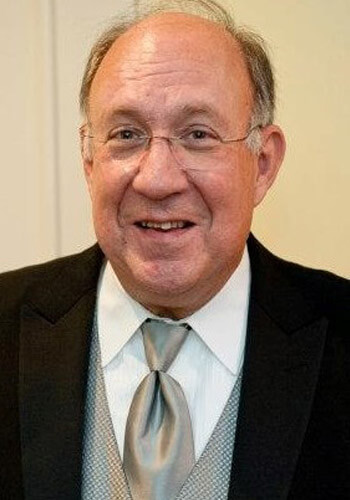
Judge Steven I. Platt
We are witnessing great conflict and accompanying stress in our society between groups who take moral and religious positions potentially pitting individual rights and responsibilities versus the government’s duty to protect the public health. These include abortion, “right to life,” the “right to die,” “religious freedom”, the death penalty, pornography, sexual conduct, and crime. They also include, as a result of the COVID-19 pandemic, the rights and responsibilities to issue or decline to issue vaccination or other mandates by various levels of government, business, public and private institutions. I need not list all of the topics to make the point that many of these and other issues are being fought out in the courts – or around decisions made by courts.
In the areas of domestic violence and crime, judges, pressed by growing numbers of disputes of increasing complexity, are expected to do what no one else can do. They are expected to predict the unpredictable, the vagaries of human behavior. They are expected to exercise wise judgement in the areas where demagogues and talk shows provide simplistic and shallow answers.
After rendering those decisions, judges are ethically constrained from explaining or even defending themselves against vituperative criticism if those decisions prove, with hindsight, to be unpopular with the mainstream media, cable news and social media — as well as other branches of government and advocacy groups, which increasingly monitor judicial performance and decisions with a view to vociferously complaining about decisions and performances which do not conform to those groups’ expectations and ideological agendas.
This political and legal culture should compel both the judiciary and the responsible media, including social media, to reinvigorate our defenses of each other even when we disagree. That means that editorial writers, commentators, and reporters should endeavor to fairly explain the complexity of political and legal decisions — even when they disagree. It also means judges should protect reporters’, editors’ and pundits’ confidential sources of information and the media’s right, indeed responsibility, to call out lies and abuses of power by elected and appointed officials, including judges themselves.
Henry David Thoreau said it best: “A government in which the majority rules in all cases, cannot be based on justice even as far as men understand it.” Benjamin Franklin described the stakes when asked: “We will have a Republic if we can keep it.”
That wisdom, whether our citizens or even some in elected office understand it or not, was in the minds of the drafters of our state and federal constitutions. Despite the tendency of many today to forget it, our government is not a pure democracy in the sense that the popular will is to prevail in every matter. Our government is a constitutional representative democracy where the minority is offered protection from the tyranny of the majority, and individuals are protected from government by the Bill of Rights.
It is a government not only of checks and balances between the three branches of government, but one of limitation and constraint between the individual citizen and the government. Even if government reflects the will of the majority of the day, the indispensable role of the judiciary is to preserve that balance.
We should never forget that Hitler, Stalin, the apartheid government of South Africa, and every dictator and authoritarian regime of recent history, including some today in Hungary, Turkey, Russia and elsewhere, have known this fact. It is no accident that every malevolent authoritarian has sought to seize control of the judiciary – especially the criminal courts – as one of the first acts necessary to consolidate dictatorial power over the people. The message is therefore clear – a strong independent judiciary is the bulwark of liberty and social justice, and a free and unfettered press must call out in the strongest possible way any attempt to limit its express power.
That all said, I am not unaware that the media has had intermittent problems with access to information in the court systems and that many reporters and editors believe that the judiciary itself is not held to the standard of accountability that it should be required to adhere to.
Historically, the courts have not been exemplary in distributing information to the media and to the public. We have not done the best job of making the courts operations and decision-making understandable. This difficulty is exacerbated by the general reluctance of many judges to talk to the media and the ethical constraints that prohibit judges in some cases from doing so, even when they would like to — a constraint this writer believes should be reexamined in certain circumstances, in light of the age we now live in.
So, yes, more needs to be done by judges, but if judges are to open up, an effort by the media must be evident. The judicial branch of government is different from the executive and legislative branches. When judges make substantive mistakes in their judicial work, they are checked and corrected by the appellate process.
In addition, the Judicial Disability Commission handles ethical problems and where appropriate, can impose sanctions or even recommend removal of a judge from office. No such checks are available to correct illegal or incorrect decisions of officials of the other two branches of government. Nor is there any legal mechanism, short of impeachment, to remove an elected official of either the legislative or executive branches of government.
What we need is greater understanding and communication. A reporter should not have to contend with judges who believe that they are above scrutiny. On the other hand, judges should not be precluded ethically or culturally from explaining their complex decisions if that is called for, particularly if in the context of a political campaign that is aimed at removing them from office.
In saying that, I cannot help being reminded of a quote I have always appreciated from Goethe, which, if I may paraphrase, illustrates perhaps the basic point of this commentary. That point is that the judiciary will always be at war with what it ought to be. It is the media and the journalist’s job to describe to the public what judges and the judiciary are and do.
Nevertheless, when a reporter or an editor describes what a judge does, the reporter or editor could also explain why and what the judge and court ought to do. In other words, explain how the system should work – then perhaps the judiciary will someday, after all, be what it ought to be. Lawyers bear a great responsibility to work to that end. How is the subject of my next commentary.

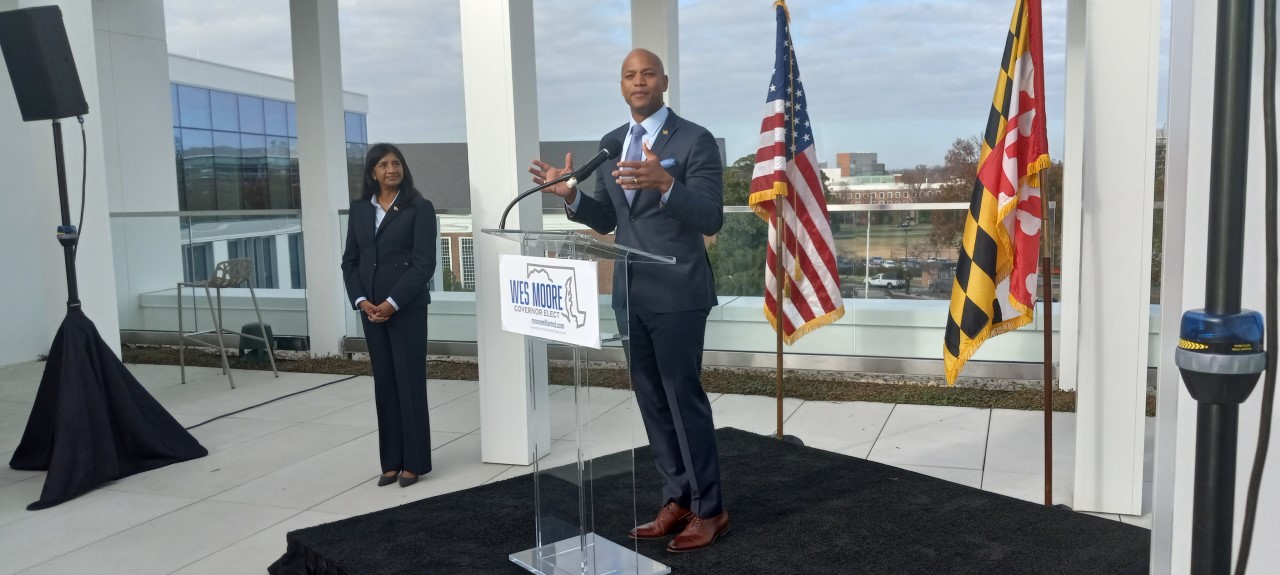
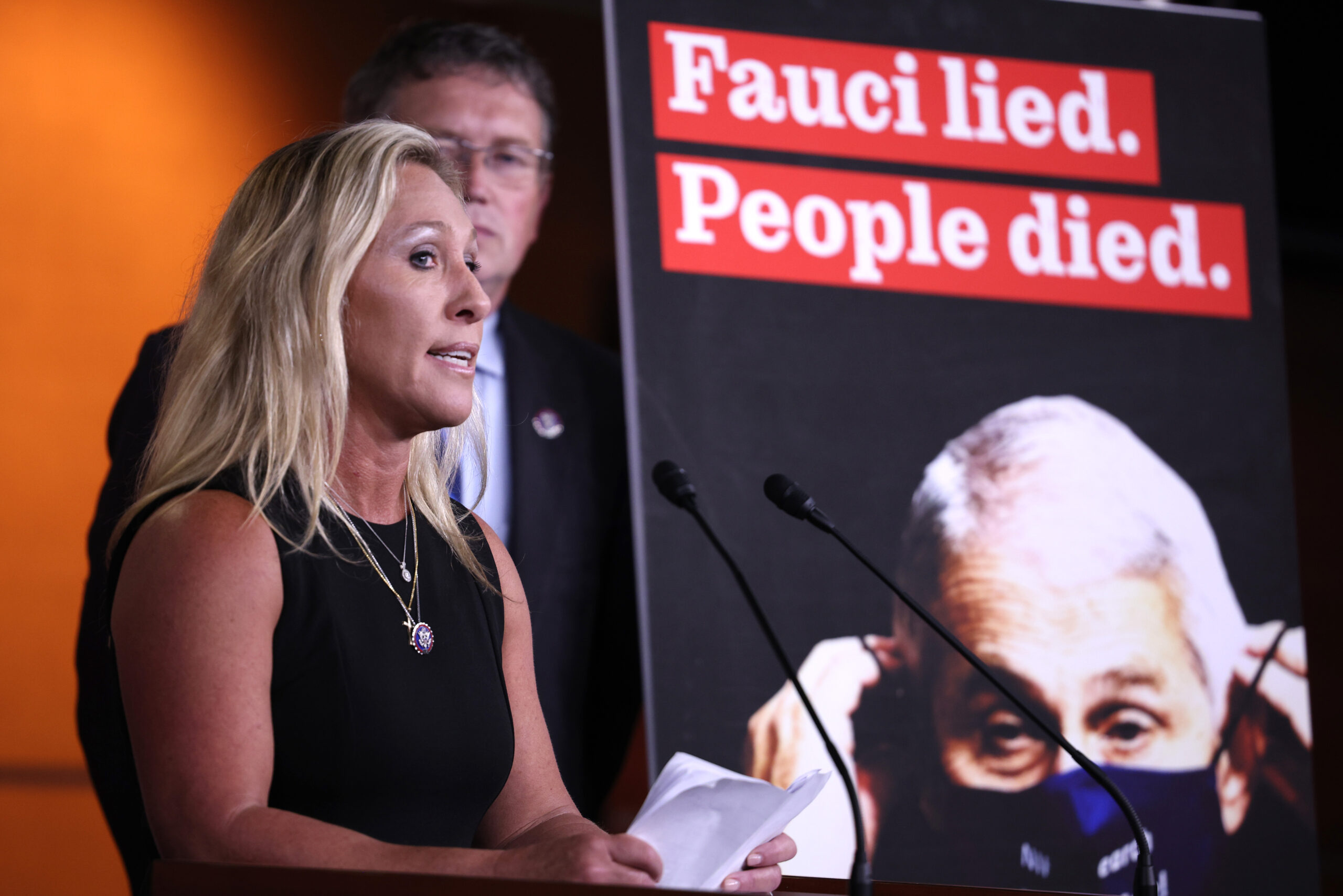
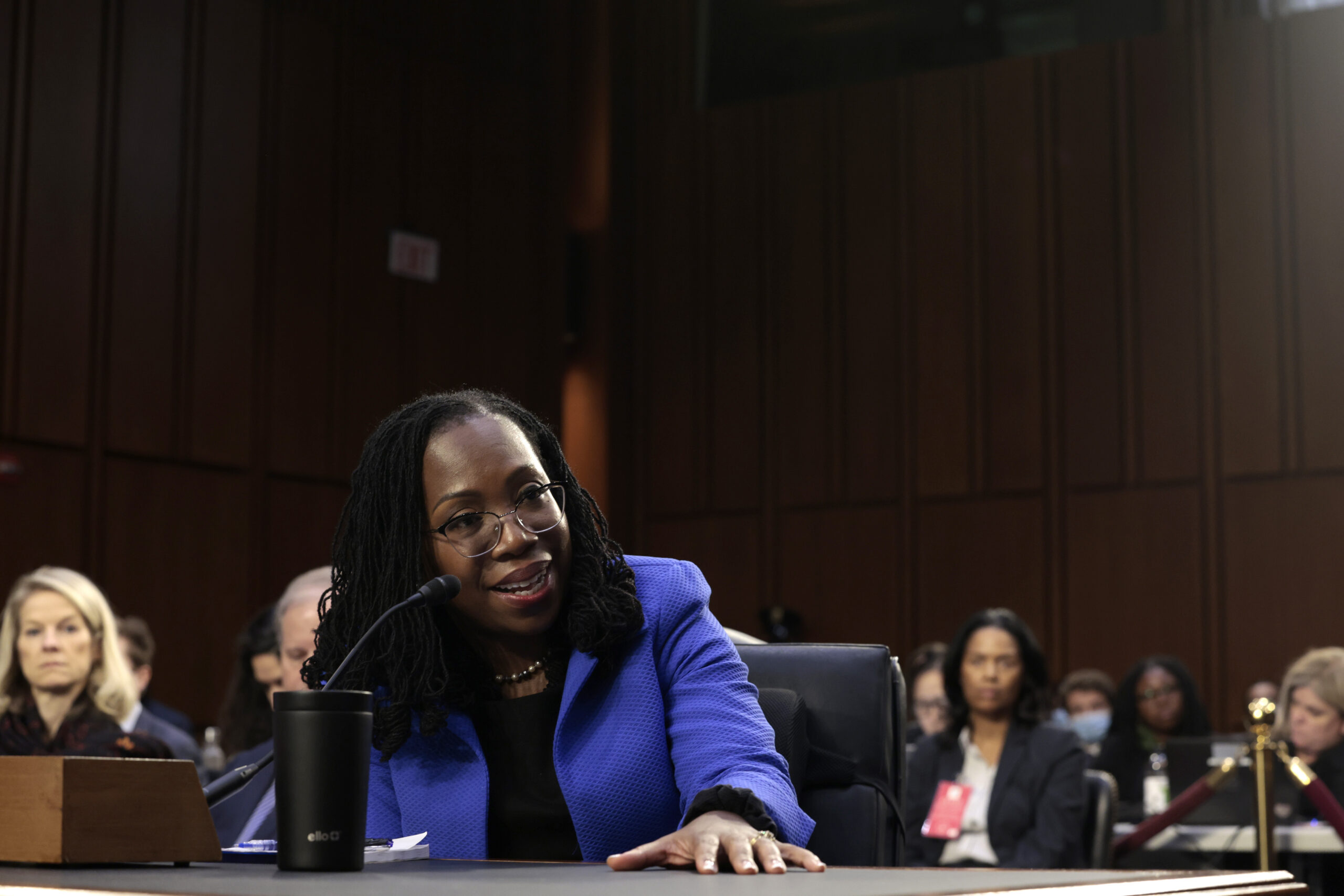
 Creative Commons Attribution
Creative Commons Attribution